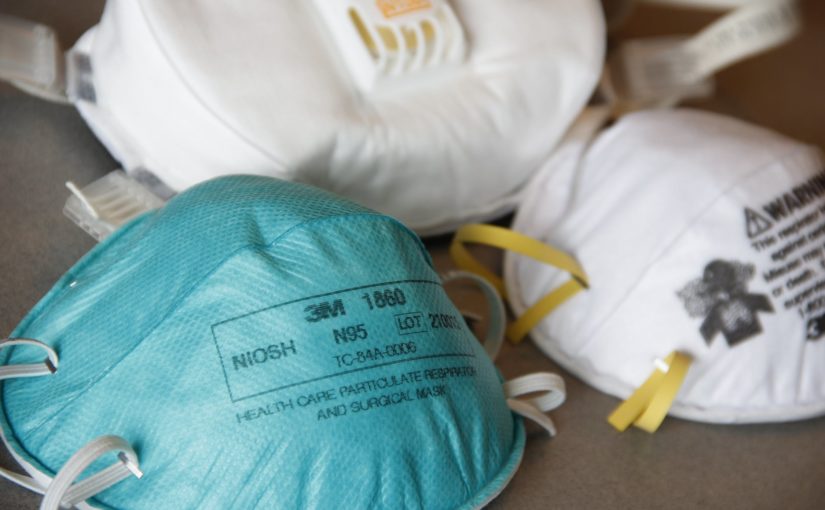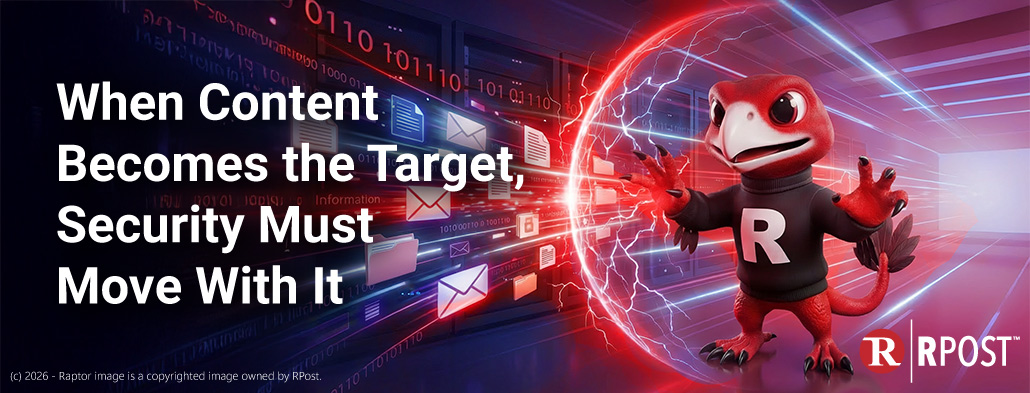
Earlier this week, a house party in Beverly Hills, California made national headlines, as hundreds of revelers went maskless and practiced virtually zero social distancing. Worse still was that gunfire erupted later on in the party, and three people were shot. Parties like this are hardly limited to California, as it’s clear that people all over the nation (and world) are using rented ‘party houses’ as a substitute for the nightclubs that have been shut down due to the pandemic.
Most of the attendees of these parties are simply people who want to get out of their houses and have fun. Some of the attendees, however, are social media influencers and ‘creators’ who are willing to take major risks with their health and that of others in order to perpetuate their online personas and keep people engaged with their TikTok and Instagram postings. Many of these influencers and creators, of course, base their livelihood on ad revenue received from their social media presence, so unfortunately, risks get ignored and people get put into unnecessary danger.
Know More: Secure Email
This got me thinking a lot about people’s appetite for risk during this pandemic and in general. I believe that most people do risk calculations on a nearly constant basis, especially now when just going outside your house poses new risks we never thought possible. Do we take that summer trip by car or train? Do I want to eat out at a restaurant tonight? Do I transmit my tax return encrypted or just hit ‘send’ and be done with it? Mostly these calculations balance safety with pleasure (fun, convenience, ease of getting something done fast). Many times, however, risks are also taken out of laziness or lack of awareness of the risk.
One thing this pandemic has shown in stark relief is that the risky actions of one are not taken in a vacuum. You may choose to go to a big summer party and choose not to wear a mask in public (or at a house party) because it’s inconvenient or would obscure your Instagram-worthy outfit, but your actions may adversely affect others.
Further considering the risk-vs-pleasure decision when you send important messages unencrypted, you can not only get yourself in trouble, but get the intended recipient in trouble too. Many people simply don’t know how easy it is to encrypt messages or are unaware of certain legal requirements to do so when sending sensitive information. Consider RMail then the N95 mask of email encryption tools: It’s safe, readily available, simple enough to put on, and it protects you and others – i.e. your clients and their information. (Actually, it is probably more readily available than N95 masks depending on where you live.)
RMail (email encryption) has the highest commercial non-classified level of encryption available with encryption methods configurable (automatic based on message content or who is sending what to whom, from TLS 1.3 to AES-256 Encryption). Only the CIA and NSA have higher levels of encryption for their communications. However, using their encryption for your business communications would be like going to the grocery store in an oxygen tank-equipped Tyvek suit when a N95 mask would do fine — easy and effective.
We at Tech Essentials hope that your summers are going well given the circumstances. Stay safe, and don’t count on seeing me at any house parties any time soon.
.jpg)
February 13, 2026

February 06, 2026

January 30, 2026

January 23, 2026

January 16, 2026